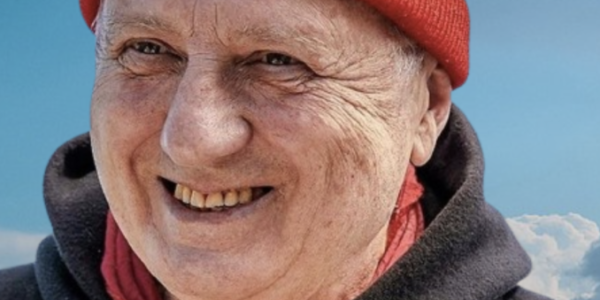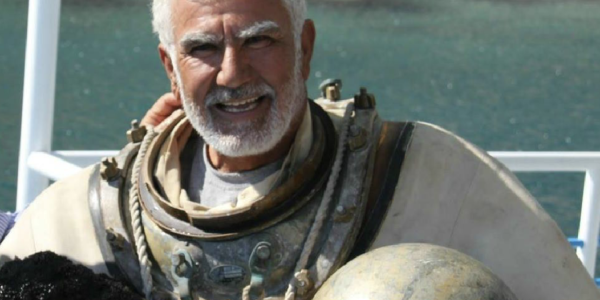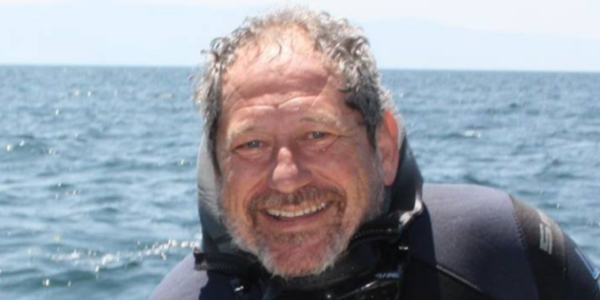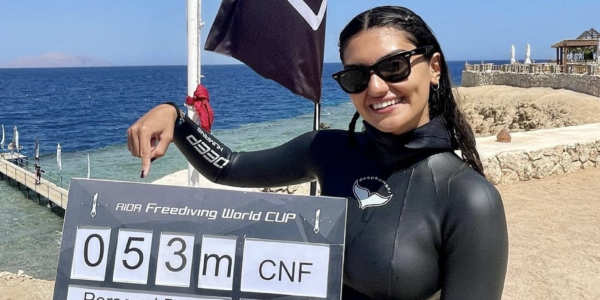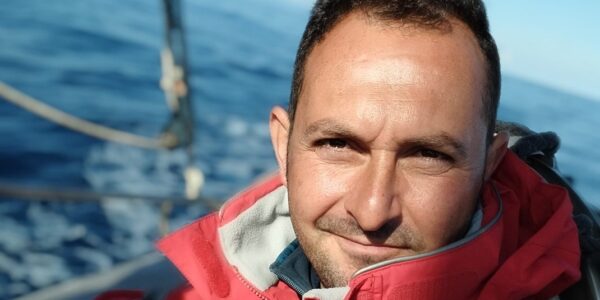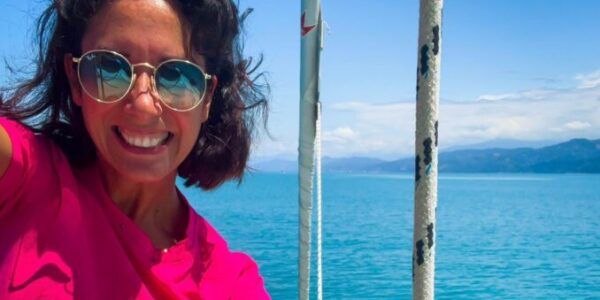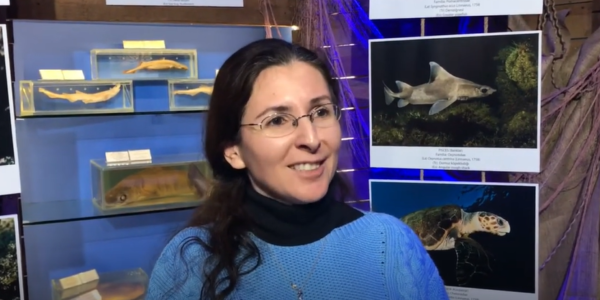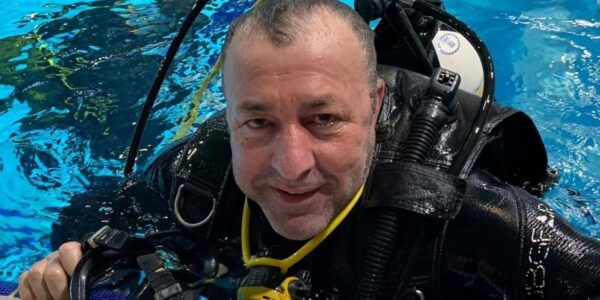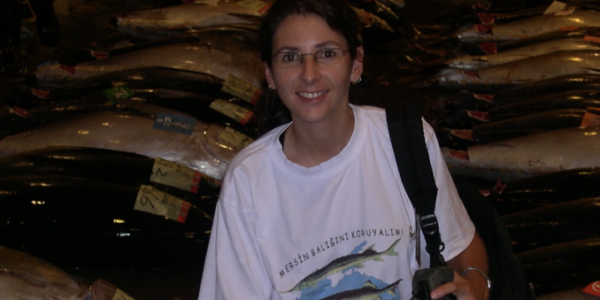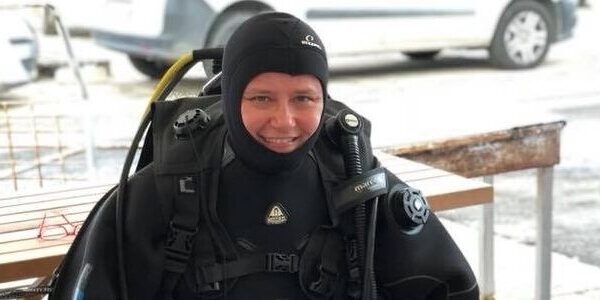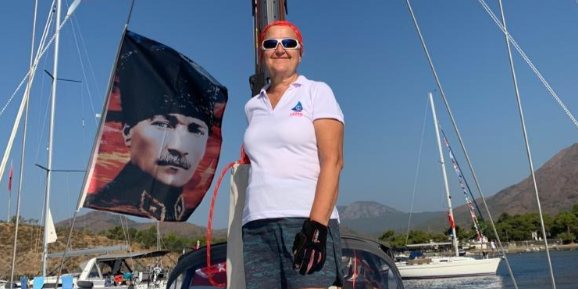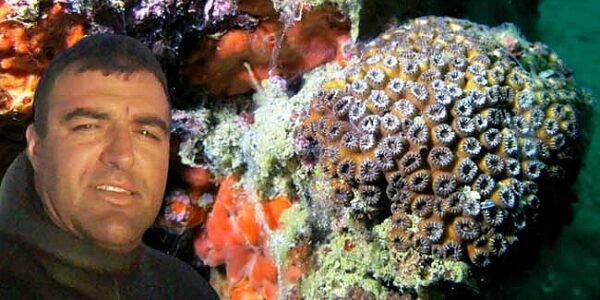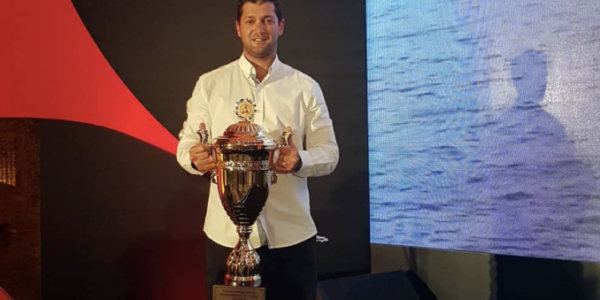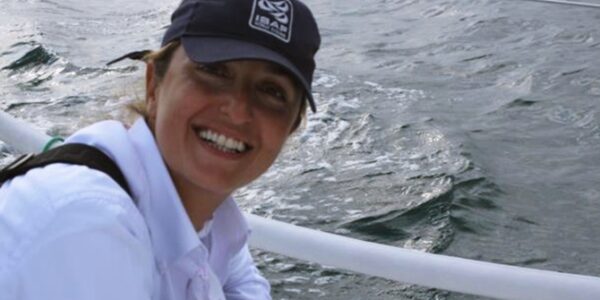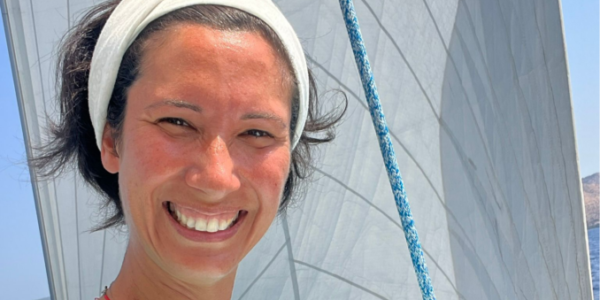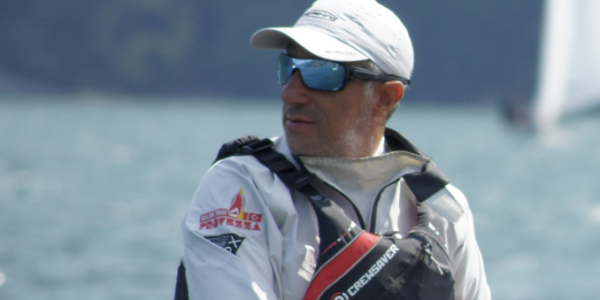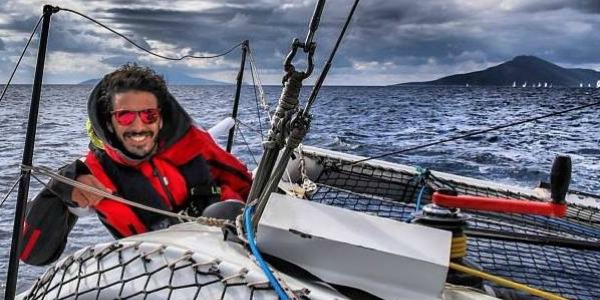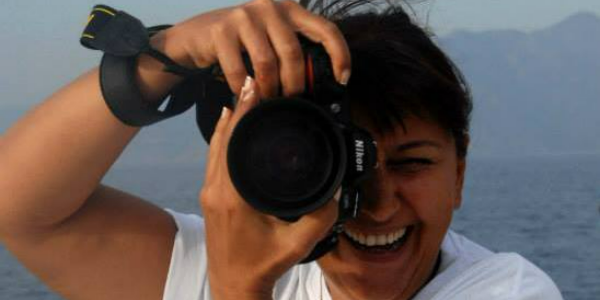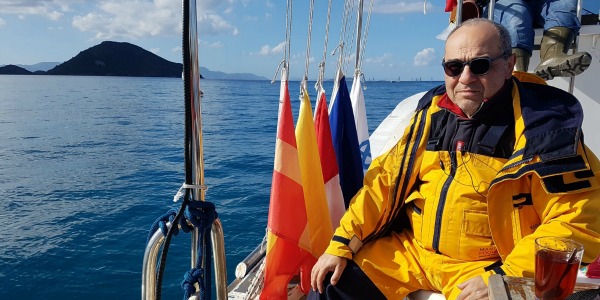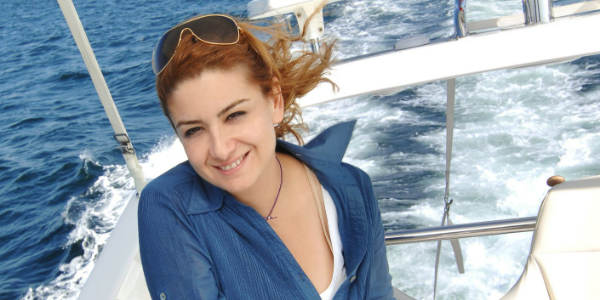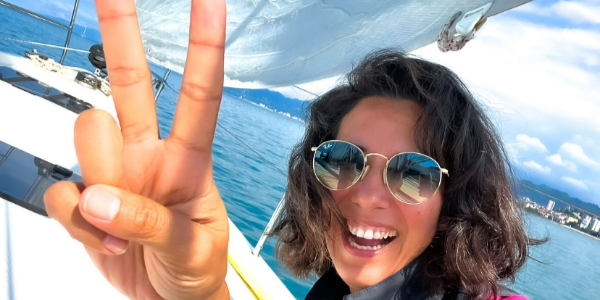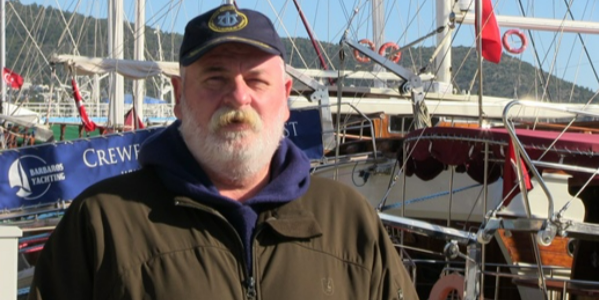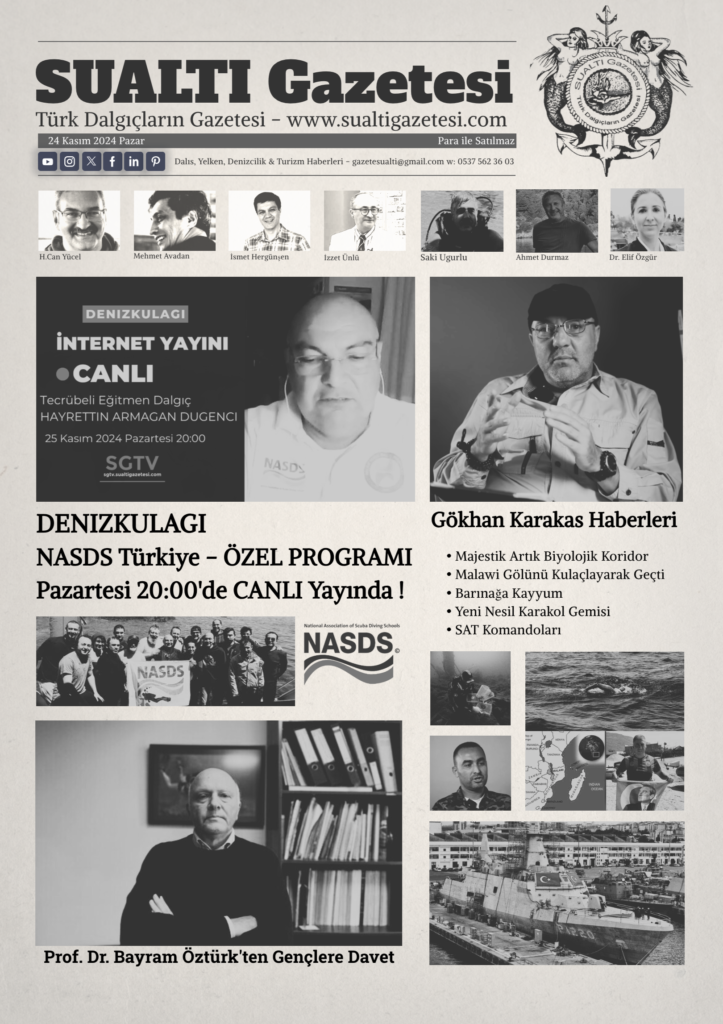Four years ago, Scuttlebutt editor Craig Leweck was in Brazil to report on the Rio 2016 Olympics. With the Tokyo 2020 Games postponed until 2021, we keep that Olympic Flame alive through Leweck’s observations from the Carioca nation… here was his fourteenth report:
San Diego, CA (August 21, 2016) – I had the privilege of being host for the World Sailing Live Blog during the 2016 Olympic Games. Working at the Sailing venue in Rio de Janeiro, I was challenged to share, in the most simplest of media formats, the most complex of competitions.
Eleven days in a row, ten events, thirty medals won. It was an emotional, draining experience which brought me close to the Games. As I reflect, here are my three favorite moments:
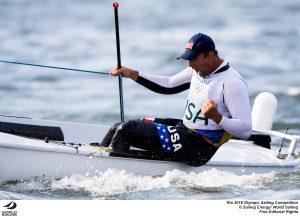
The Rio 2016 Olympic Sailing Competition features 380 athletes from 66 nations, in 274 boats racing across ten Olympic disciplines. Racing runs from Monday 8 August through to Thursday 18 August 2016 with 217 male and 163 female sailors racing out of Marina da Gloria in Rio de Janeiro, Brazil. Sailing made its Olympic debut in 1900 and has been a mainstay at every Olympic Games since 1908. For more information or requests please contact Daniel Smith at World Sailing on marketing@sailing.org or phone +44 (0) 7771 542 131.
Caleb Paine (USA), Finn Bronze Medal
After Caleb finished the third day of racing, and with two more qualifying race days to go, he was sitting in fourth position. But later that day he got disqualified, falling a likely unrecoverable distance from the podium.
It was heartbreaking, but when it was learned that video evidence existed to refute the protestor’s claim, wheels were put into motion to reopen the case. After three straight days in front of the jury, Caleb’s position in the disputed race, a second, was re-established.
Caleb entered the Medal Race again in fourth, just behind the boat that had protested him. As the early leaders dug left, Caleb split right. When he sought to consolidate, he still trailed, so he dug right again. He said the right looked good at the start, so he was going all in.
Two thirds up the beat, he got his payday. His lead would be unchallenged, giving him a wire to wire victory. As for the protestor, whose earlier claim against Caleb nearly earned him a misconduct (Rule 69) hearing, sometimes Karma comes back with a vengeance. The sailor finished last in the Medal Race, dropping to fifth in overall.
The US Sailing Team had been eager to join again the medal count. Since 1932, American sailors have won medals in every Olympic regatta in which they’ve competed, but not in 2012. Coming into Rio, they had no medal favorites, just a few possibilities.
Caleb was a long shot. He had committed to the Finn in his late teens, and at age 25, Rio was his first Games. Of all the team members, he was the least funded. But his dedication at a young age is now the model the US Team is advocating, and the country got their poster child for the cause.
Santiago Lange/ Cecilia Carranza Saroli (ARG), Nacra 17 Gold Medal
I have known Santi a long time, dating back to our early days in the Snipe class. He entered the Olympics with a big story, having lost a lung to cancer, his sons were racing the 49er Men event, and well, Santi at 54 years was the oldest person in the Sailing competition.
He is a very thoughtful and kind person, and I know his victory was in just competing, but Santi and Cecilia entered the Medal Race with a five point lead over Italy.
Sadly, the storybook Games looked to be over at the start. With most of the fleet starting on port, the Argentines failed to execute with a port-starboard foul requiring a penalty turn. Rounding the first windward mark in last, they had fully fallen off the podium.
But Santi reached into his war chest, moving up to sixth at the leeward mark with one lap to go. But disaster struck again at the final upwind mark as they fouled Austria. Could they still win gold after two fouls and two penalty turns? Yes, with one point to spare.
I attended the Medal Ceremony, and to the side of me was Torben Grael, who beyond his five Olympic medals for Brazil, was also an old time Snipe sailor who so often was competing against Santi for world titles. Torben looked so pleased to see what his old friend had done. On this day, the Nacra 17 Medal Race was the fourth and final contest, putting the exclamation mark on what had been an epic display of competition.
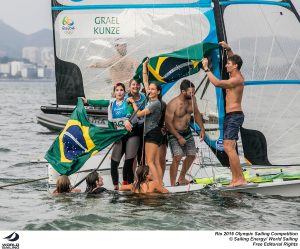
The Rio 2016 Olympic Sailing Competition features 380 athletes from 66 nations, in 274 boats racing across ten Olympic disciplines. Racing runs from Monday 8 August through to Thursday 18 August 2016 with 217 male and 163 female sailors racing out of Marina da Gloria in Rio de Janeiro, Brazil. Sailing made its Olympic debut in 1900 and has been a mainstay at every Olympic Games since 1908. For more information or requests please contact Daniel Smith at World Sailing on marketing@sailing.org or phone +44 (0) 7771 542 131.
Racing was staggered among the 10 events from August 8 to 18, with August 19 as a spare day if needed. It wasn’t.
Source: sailingscuttlebutt


